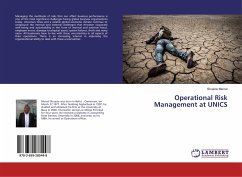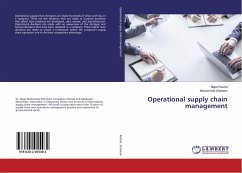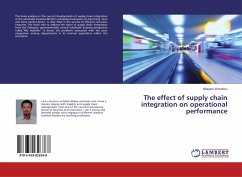Micro Finance Institutions (MFIs) play a fundamental role in the Kenyan economy in that they enhance financial deepening by enabling millions of Kenyans to access financial services. They also contribute greatly to economic development in the country. However MFIs in Kenya have face many challenges. Due to uncertain environment, lack of proper legal framework, high illiteracy and perception towards operations, credit service providers find it hard and risky to finance most of the firms. Therefore MFIs face financial challenges that affect their growth. Despite many successful MFIs obtaining credit facilities within desired levels, they still face greater challenges in the increased volatility of their portfolio. In addition, liquidity remains a serious challenge for most of the deposit taking MFIs in Kenya. These institutions have seen an increase in the number of non-performing loans over the last few years in the country. This book examines financial factors affecting cost of operations of MFIs in Kenya.








